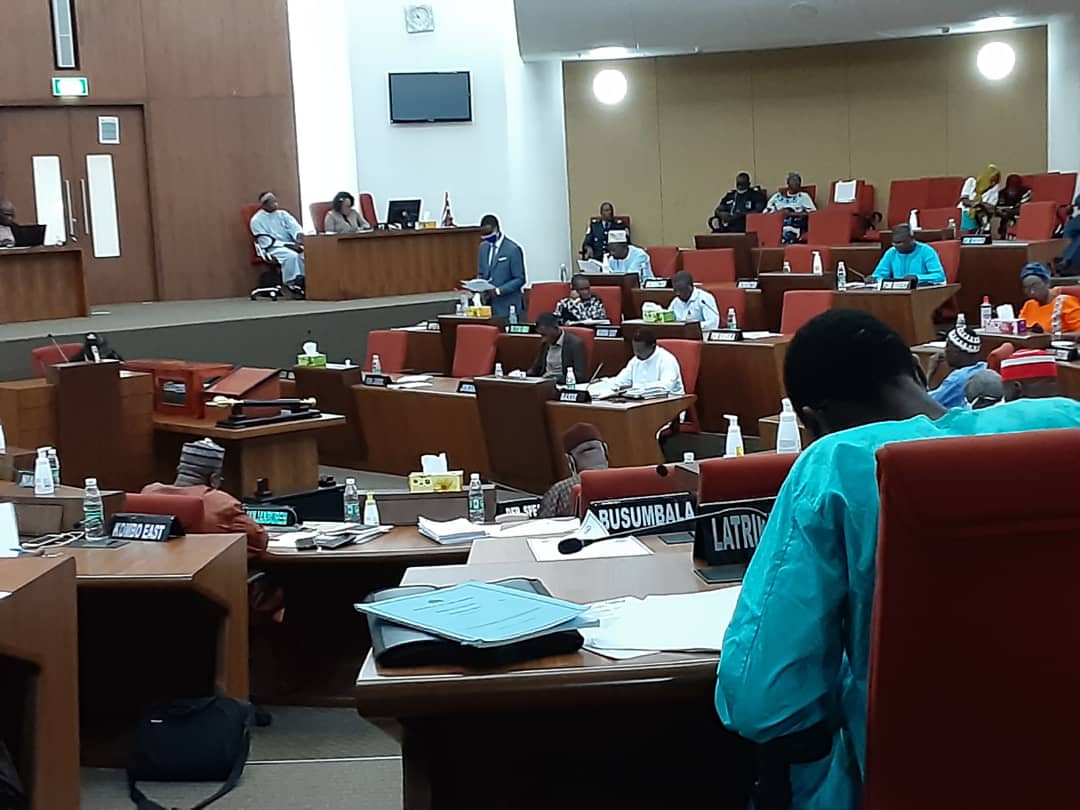Access to Information is one of the pillars of a strong democratic government. The legal right to request information from government can lead to transparency, accountability and encourages citizens to participate in public life.
The Gambia Press Union initiated the development of the Access to Information bill in 2016, supported by civil society organizations, The Gambia government and international bodies with interest or expertise in issues of freedom of information.
Access to Information Bill is the right to access public records and information held by public authorities or by persons providing services for them, to provide for the procedure to obtain access to that information, and for connected purposes.
A draft bill was first presented to the National Assembly in December 2019 by the Ministry of Justice for enactment. The Bill has gone through series of reviews both at national and international level. The most recent review was done by the National Assembly select committee on Education, Training & ICT and the report on the review has been successfully adopted by the National Assembly on Thursday June 25th 2020.
The Access to Information draft Bill 2019 if formally adopted by the National Assembly will allow citizens, journalists, students and civil society organizations to easily access government data. The bill seeks to:
- Promote transparency, accountability good governance and development by educating people about their rights
- Ensure transparency, strengthen the culture of provision of information, promote people’s participation in good governance, ensure accountability in the conduct of institutions, and combat corruption;
- Promote respect for human rights, promote effective, equitable and inexpensive exercise of the right of access to information;
- Establish clear and concise procedures for requesting and providing information held by public bodies and private bodies receiving public funds or performing public functions of providing public service.
Key Takeaway
- ATI is a basic human right
- The bill helps fight corruption
- Nurtures a society where citizens can make informed decisions
- With the right information citizens would be able to hold their governments accountable
Following a successful adoption of the ATI bill report submitted by the National Assembly select committee on Education, Training & ICT. The draft bill would be tabled on June 30, 2020 for a final consideration by the National Assembly members.




